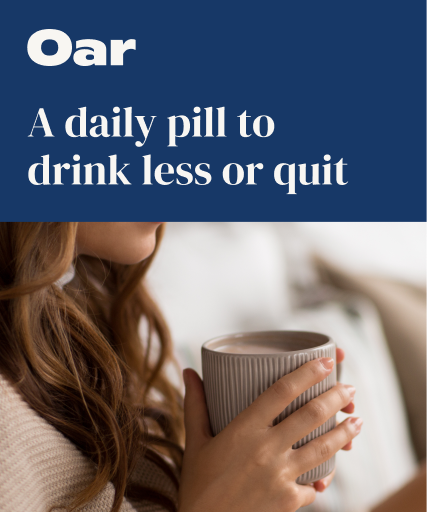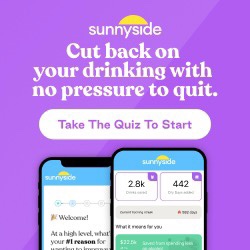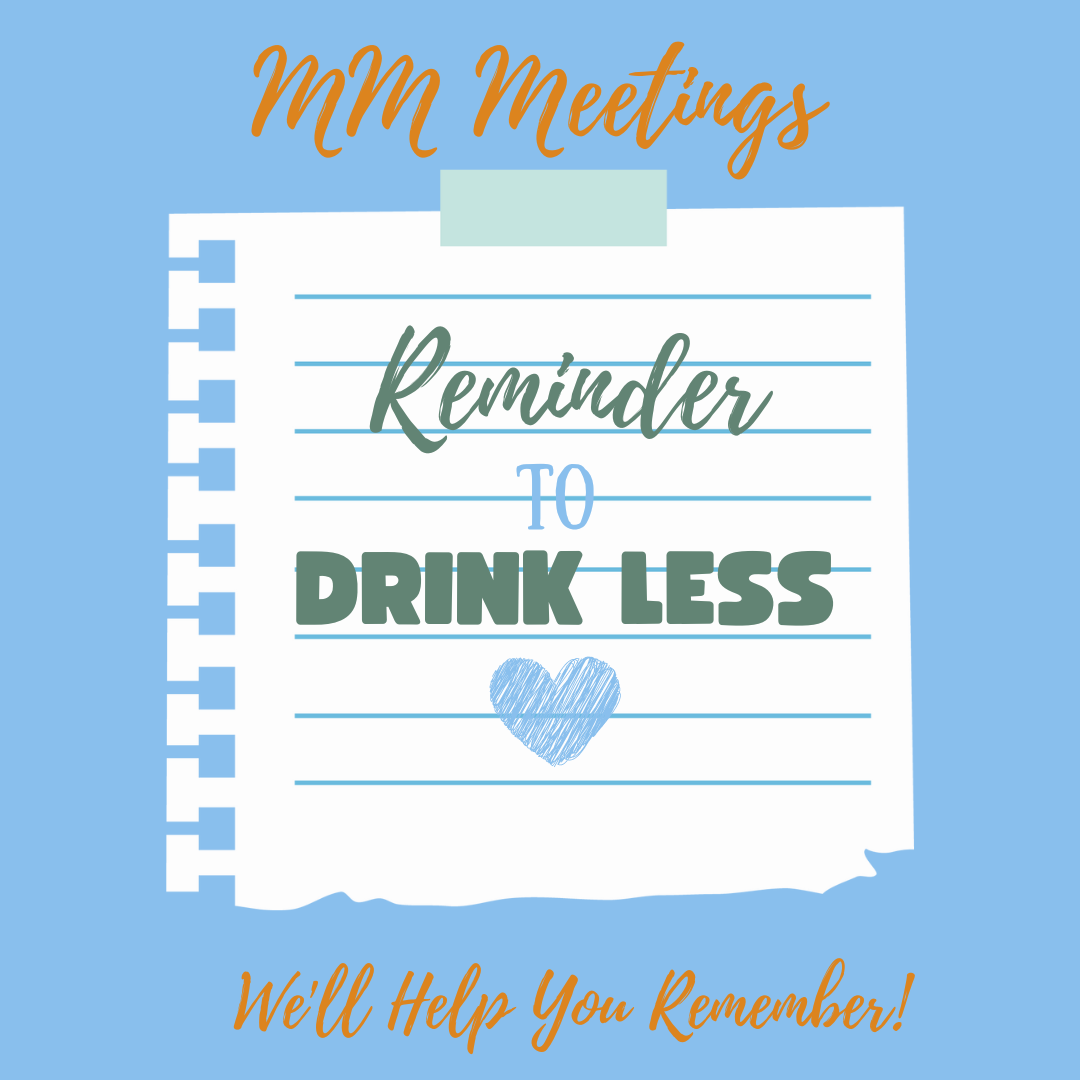
Brain Lesson #1: Which Part of your Brain is in Charge?
During Dryuary, as you take a 31-day break from drinking, you’ll discover (or rediscover) Moderation Management’s fundamental strategies.Taking an extended break from drinking is beneficial for many physical reasons which you will automatically experience by not drinking.
To encourage long-term, sustainable change, you can also use this break to change your thinking around alcohol–which only happens if you work at it.
Look for Brain Lessons to help.
Our beautiful brilliant human brains–I’m going to share a lot with you this month about why I’m so passionate about neuroscience and learning (to some extent) how your brain works. Wait you’re saying, this is supposed to be a Dryuary post. Where’s the tip? Where’s the how-to information? You want help to “not drink” during Dryuary–is that it? I promise, figuring out which part of your brain is talking to you is going to help with all of it.
When I first started working on changing my drinking habits, I simultaneously started educating myself on neuroscience. I wanted to understand why my decades-long daily drinking habit felt so much different. A big part of me believed that my brain was just genetically predetermined to desire alcohol more due to my alcoholic genes. My mother battled alcohol use disorder most of my life and ultimately died as the result of an alcoholic binge at the age of 81. Believing that my genes were responsible for my desire to drink seemed logical and left me feeling helpless to change. What I learned about the brain helped me see that I wasn’t powerless to change at all. My beautiful, brilliant human brain was the answer.
While the brain is very complex, I’d like to offer you a simple way of understanding how the brain works in terms of your drinking habits. You see there isn’t just one brain involved, there’s two: the lower and the higher. Some psychologists have labeled them the toddler and the adult brain which seems pretty appropriate as well.
Your lower (toddler) brain is motivated by three things: to avoid pain, to seek pleasure and to conserve energy. Sounds like a toddler, right? The lower brain is not logical. It doesn’t consider future consequences, it reacts in a primitive way that helped ensure the survival of our prehistoric ancestors. Our day-to-day survival no longer depends on our lower brain, but it’s there acting like it does.
The good news? Our brains kept evolving to include our higher (adult) brain. Our higher brain is what makes us uniquely human. It gives us the ability to plan ahead, to observe our own thinking and to literally create our feelings.
If you’re asking yourself what this has to do with your drinking habit, I’ll be back next week to dive in a little deeper. Until then, I want you to ask yourself which part of your brain do you think is talking to you when you feel the urge to drink?
Molly Watts is an MM member, Dryuary alumni, author, coach and host of the Alcohol Minimalist podcast. Despite being an adult child of an alcoholic who hated what alcohol had meant in her life, Molly developed her own unbreakable daily drinking habit that persisted for decades. After transforming her relationship with alcohol, she now helps others do the same. www.mollywatts.com






One response
I feel the basics of neurology are so helpful to understand, especially with substance use/abuse. I’m a counselor and talk to my clients about it often. I’m thrilled that it’s being introduced here!